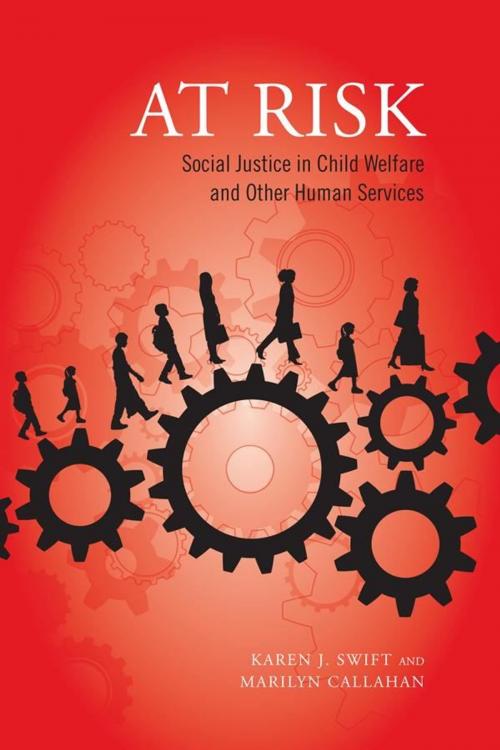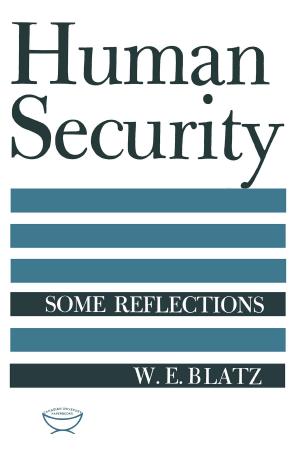At Risk
Social Justice in Child Welfare and Other Human Services
Nonfiction, Social & Cultural Studies, Political Science, Politics, Social Services & Welfare, Social Science, Social Work| Author: | Karen Swift, Marilyn Callahan | ISBN: | 9781442697294 |
| Publisher: | University of Toronto Press, Scholarly Publishing Division | Publication: | October 10, 2009 |
| Imprint: | Language: | English |
| Author: | Karen Swift, Marilyn Callahan |
| ISBN: | 9781442697294 |
| Publisher: | University of Toronto Press, Scholarly Publishing Division |
| Publication: | October 10, 2009 |
| Imprint: | |
| Language: | English |
In At Risk, Karen J. Swift and Marilyn Callahan examine risk and risk assessment in the context of professional practice in child protection, social work, and other human services. They argue that the tools, technologies, and practices used to measure risk to the individual have gone unquestioned and unstudied and that current methods of risk assessment may be distorting the principles of social justice.
Central to this study is an examination of the everyday experiences of workers and parents engaged in risk assessment processes in Canadian child welfare investigations. Going beyond theory, Swift and Callahan highlight how risk evaluations play out in actual interactions with vulnerable people. Pointing out that standardized risk assessment tools do not take factors such as class, race, gender, and culture into account, At Risk raises important questions about the viability of risk management plans that are not tailored to individual situations.
In At Risk, Karen J. Swift and Marilyn Callahan examine risk and risk assessment in the context of professional practice in child protection, social work, and other human services. They argue that the tools, technologies, and practices used to measure risk to the individual have gone unquestioned and unstudied and that current methods of risk assessment may be distorting the principles of social justice.
Central to this study is an examination of the everyday experiences of workers and parents engaged in risk assessment processes in Canadian child welfare investigations. Going beyond theory, Swift and Callahan highlight how risk evaluations play out in actual interactions with vulnerable people. Pointing out that standardized risk assessment tools do not take factors such as class, race, gender, and culture into account, At Risk raises important questions about the viability of risk management plans that are not tailored to individual situations.















